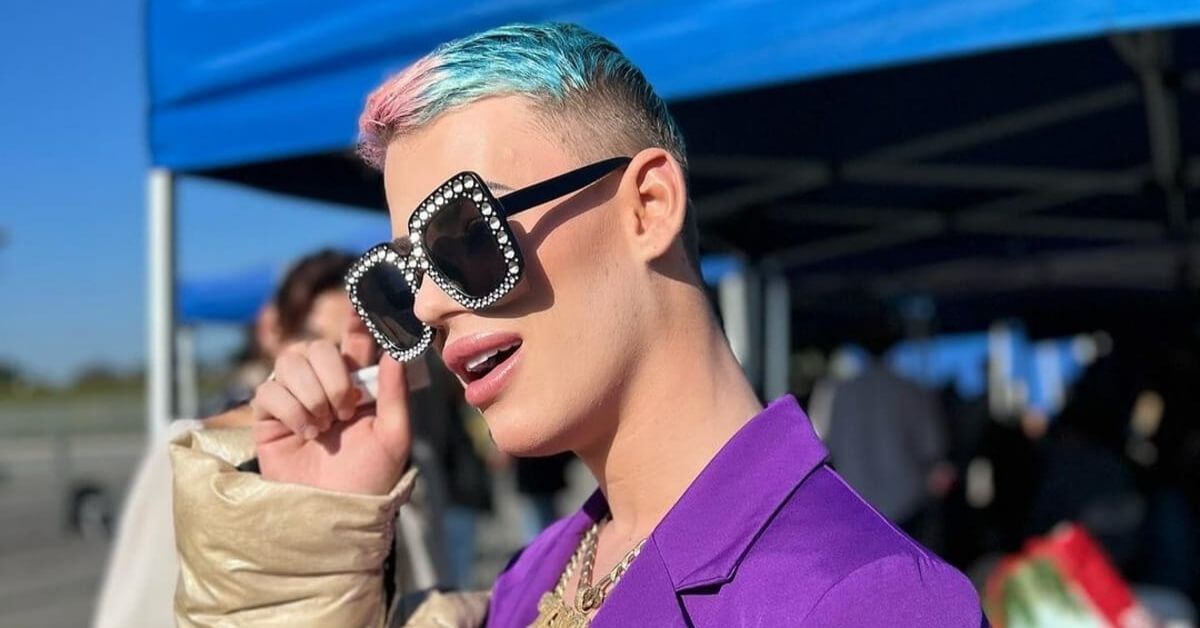American Idol is “that” show that forever revolutionized the music talent shows and gave a unified platform to every voice across America. Needless to say, millions of dreams are counting on this opportunity for a fair chance.
However, as it goes with every “equitable” platform, certain factors favor some contestants more than others.
Ziggy Krassenberg is the Dutch import with a penchant for drama and a voice that’s sparked more debates than the latest iPhone release.
Week two of auditions has barely wrapped up, and already, Ziggy’s performance is the talk of the town—for reasons both commendable and contentious. But what’s the real story behind the flood of mixed reactions?
At first glance, Ziggy seems like the perfect concoction for “Idol” success: a unique style, a backstory with international flair, and a voice that, while not flawless, carries undeniable emotion. Yet, as the judges lavished praise, the internet’s court of public opinion wasn’t buying what Ziggy was selling.
But why? Let’s dive into the melodious controversy that’s got everyone hitting the high notes of debate.
The heart of the matter lies in Ziggy’s audition performance, which, despite winning over the judges, has faced backlash from viewers. The audition aired on February 25, 2024, has left the viewers split over mediocre performance, even though Ziggy was previously placed 7th in the Dutch Idol. Ziggy, a social media influencer, narrated his troubled past that left the judges emotional, but a few netizens remained unfazed.
The Fine Line Between Talent and Taste: Netizens Disagree On American Idol Ziggy’s Audition
Ziggy Krassenberg’s appearance on “American Idol” was anything but ordinary. With his cotton candy persona and a voice that tackled Lady Gaga’s “Million Reasons,” he was poised to be this season’s standout.
The judges were impressed, with Lionel Richie praising Ziggy’s gift and Katy Perry declaring her support despite the online negativity that followed him from the Netherlands to America.
But here’s where the plot thickens. Ziggy’s performance, while technically proficient, struck a discordant note with viewers.
Criticism ranged from his vocal execution to his overall presentation, with some fans expressing their discontent loud and clear on social media.
Although embraced by the “Idol” judges, Ziggy’s artistry hasn’t resonated with a segment of the audience. His bold style and self-assured demeanor, characteristics celebrated by many artists, have paradoxically become points of contention.
The contrast between the judges’ acclaim and the audience’s reception begs the question: Are we witnessing a genuine disconnect between professional evaluations and public taste, or is this another instance of the internet’s notoriously harsh judgment overshadowing an artist’s merits?
Ziggy’s journey underscores a broader debate within the music industry and its audience: the balance between uniqueness and mass appeal.
His ambitions, undeterred by geographical constraints and previous setbacks, reflect a universal desire for acceptance and recognition. Yet, his reception on “American Idol” serves as a reminder that success in the music world is as much about resonating with the audience as it is about raw talent.
In the end, Ziggy Krassenberg’s “American Idol” audition is more than just a performance; it’s a litmus test for our collective openness to diversity in musical expression. Whether you’re a fan or a critic, one thing is clear: Ziggy has us talking, and perhaps that’s a victory in itself.
What do you think? Is the backlash against Ziggy warranted, or is it a knee-jerk reaction to something new and different? What does this say about our evolving tastes in music and entertainment? Share your thoughts, and let’s keep the conversation going.

